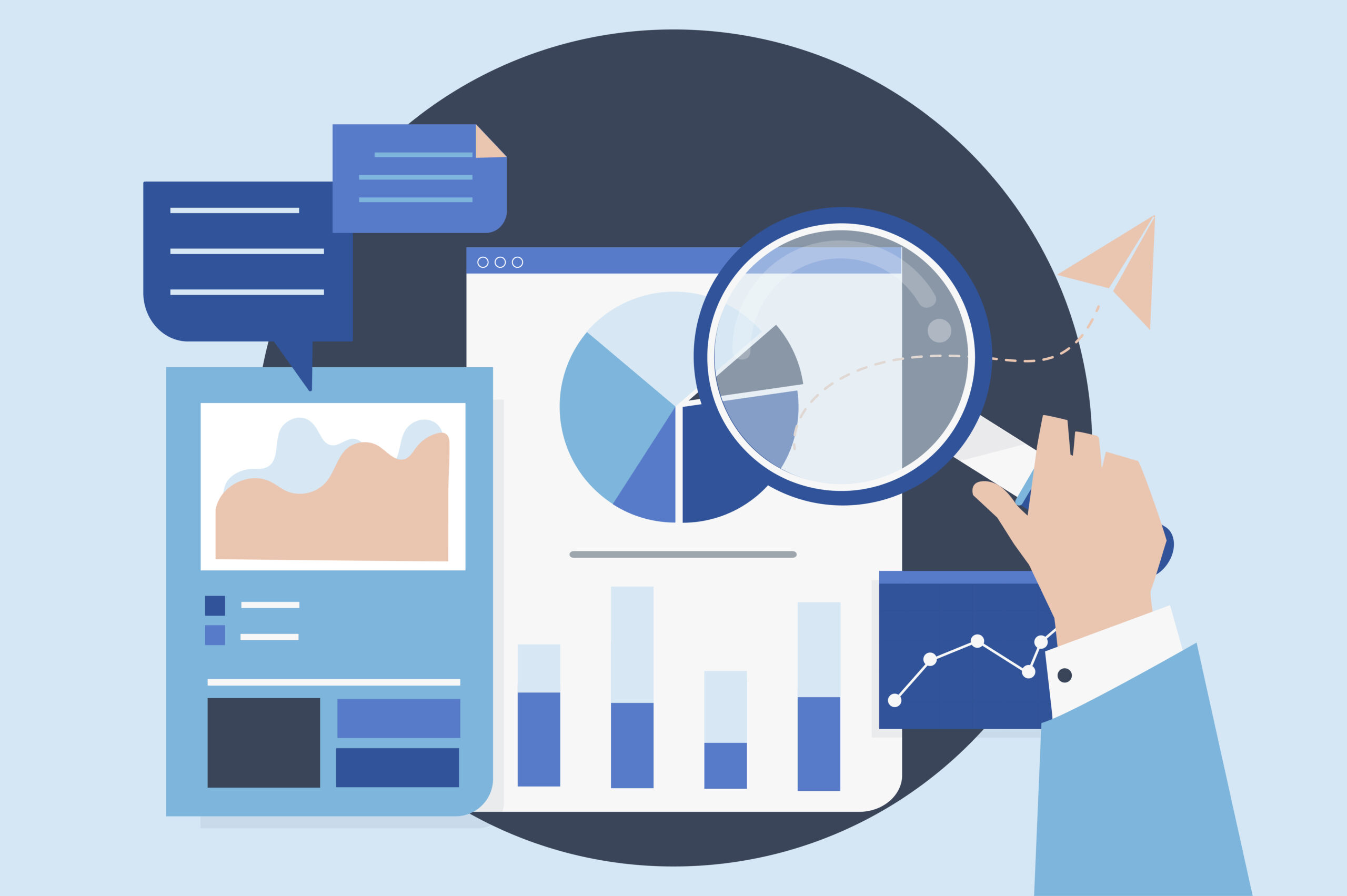In today’s data-driven world, businesses are collecting and analyzing vast amounts of data to gain insights into their operations, customers, and market trends. However, many businesses struggle to turn their data into actionable insights that can drive growth and success. In this article, we will explore some of the best data analytics strategies that can help businesses revolutionize their operations and achieve their goals.

rawpixel.com / Freepik
1. Develop a Data-Driven Culture
The first step in revolutionizing your business with data analytics is to develop a data-driven culture. This means that everyone in the organization should be encouraged to collect and analyze data in their work. Companies should invest in training their employees to use data tools effectively and make data-driven decisions. By creating a culture that values data, businesses can ensure that they are using data to its fullest potential.
2. Define Key Metrics
To effectively use data analytics, businesses must define their key metrics. These are the specific data points that are most important for measuring business success. For example, a retail business might track sales revenue, customer retention rate, and average order value. Defining key metrics helps businesses focus their data analysis efforts and ensure that they are measuring the right things.
3. Implement Advanced Analytics Techniques
To gain deeper insights from their data, businesses can implement advanced analytics techniques. This includes techniques such as predictive analytics, machine learning, and natural language processing. These techniques can help businesses uncover patterns and insights in their data that would be difficult to identify through manual analysis.
4. Use Visualization Tools
Data visualization tools can help businesses present their data in a more meaningful and understandable way. By using graphs, charts, and other visualizations, businesses can communicate complex data insights to stakeholders in an accessible and engaging format. This can help businesses make more informed decisions based on their data.
5. Embrace Real-Time Analytics
Real-time analytics allows businesses to monitor and analyze data in real-time. This can be especially useful in industries such as finance or healthcare, where timely decision-making is critical. Real-time analytics can also help businesses respond to changes in the market or customer behavior more quickly, giving them a competitive advantage.
6. Ensure Data Security and Privacy
Data security and privacy are critical considerations when implementing data analytics strategies. Businesses must ensure that their data is protected from cyber threats and that they are complying with relevant data privacy regulations. Failure to do so can result in reputational damage, financial losses, and legal liabilities.
7. Continuously Monitor and Evaluate Analytics Strategy
Finally, businesses must continuously monitor and evaluate their data analytics strategy to ensure that it is achieving its intended goals. This involves tracking key metrics, identifying areas for improvement, and making necessary adjustments to the strategy. By continuously improving their analytics strategy, businesses can stay ahead of the competition and achieve long-term success.
In conclusion, data analytics has the potential to revolutionize businesses of all sizes and industries. By developing a data-driven culture, defining key metrics, implementing advanced analytics techniques, using visualization tools, embracing real-time analytics, ensuring data security and privacy, and continuously monitoring and evaluating their analytics strategy, businesses can unlock the full potential of their data and drive growth and success.
FAQs
- 1. What is a data-driven culture, and why is it important for businesses?
A data-driven culture is one in which everyone in the organization is encouraged to collect and analyze data in their work. It is important for businesses because it ensures that they are using data to its fullest potential and making data-driven decisions. - 2. What are some advanced analytics techniques that businesses can use?
Businesses can use advanced analytics techniques such as predictive analytics, machine learning, and natural language processing to gain deeper insights from their data. - 3. How can businesses ensure data security and privacy when implementing data analytics strategies?
Businesses can ensure data security and privacy by implementing measures such as encryption, access controls, and data backup procedures. They should also comply with relevant data privacy regulations, such as the General Data Protection Regulation (GDPR) in the European Union. - 4. How can real-time analytics benefit businesses?
Real-time analytics can benefit businesses by allowing them to monitor and analyze data in real-time, enabling timely decision-making and a competitive advantage. - 5. Why is it important for businesses to continuously monitor and evaluate their analytics strategy?
It is important for businesses to continuously monitor and evaluate their analytics strategy to ensure that it is achieving its intended goals. This helps businesses stay ahead of the competition and make necessary adjustments to their strategy for long-term success.
